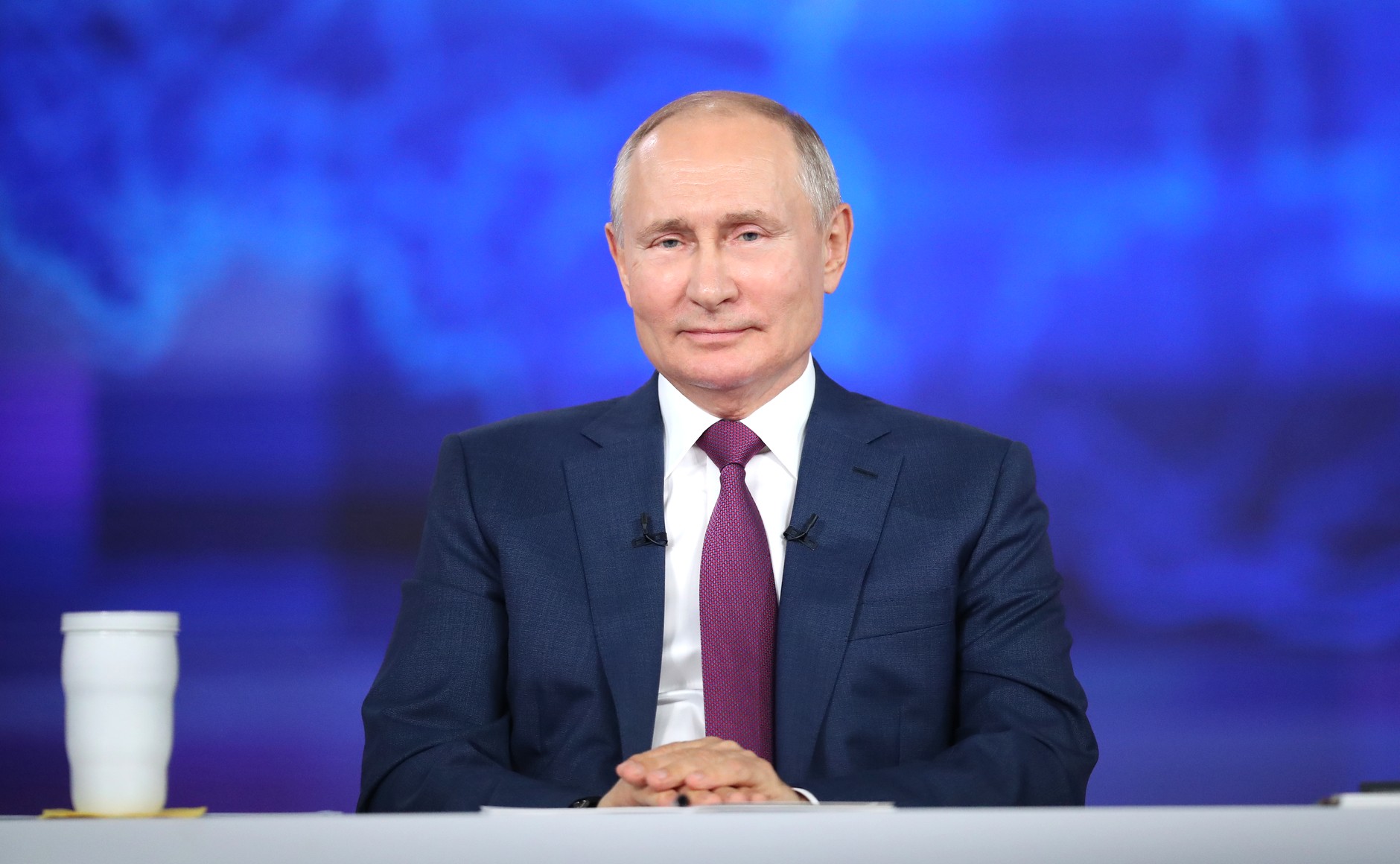Russia’s Vladimir Putin is viewed by many world leaders and free peoples as a treacherous war criminal, killing thousands of Ukrainian citizens, displacing millions more, and turning cities into rubble.
Yet Putin’s approval rating in Russia has never been higher.
A recent Reuters article referenced a state-run pollster VTsIOM, noting that Russian trust in Putin has risen to 81.06% from 67.2% before he ordered a huge number of additional troops into Ukraine on February 25th.
How is this possible? It comes down in large measure to how people receive their information. Is it factual news reporting or propaganda?
Some history: Back in 1994–1996, both Vladimir Putin and his predecessor, Boris Yeltsin, were committed to Russia’s military intervention in Chechnya. At the same time, Russia’s newly founded private and independent TV station, NTV, had journalists investigating the possible FSB staging explosions in Moscow to justify the Kremlin’s actions. Such critical reporting had rattled both leaders.
While Yeltsin was tolerant, Vladimir Putin promptly ordered his own investigation that ultimately put NTV and the other media outlets under state control.
It was during the Yeltsin era, that Vladimir Gusinsky, a young and ambitious Jewish entrepreneur, acquired NTV, the news magazine Itogi (a partner of Newsweek), Echo Moscow radio station and the newspaper Sevodnya.
Gusinsky also wanted to be a power broker inside of Russia, which was possible as long as Yeltsin remained in office.
In David Remnick’s article in The New Yorker on February 22nd, 1995, The Tycoon and the Kremlin, Gusinsky was best described as “the most powerful and mysterious member of the new Moscow elite.”
Remnick went on: “He is also Russia’s biggest media mogul and, as a result, is deeply embroiled in Kremlin politics.”
His other ambition was to build networks (media, financial, political) in America.
At that time, I represented Mr. Gusinsky, overseeing his schedule and accompanying him at meetings in New York and Washington, D.C. His meetings with the Washington Post and Newsweek in April 1995 made a huge difference.
It was pivotal, given that he and his oligarch buddies intended their ownership of media outlets to advance their own business and political interests. For Gusinsky, it was a wake-up moment, realizing that he was positioned to become a true champion of free and independent reporting in the post-Communist era.
That ambition would not sit well with Putin. Beyond the NTV’s critical reporting of the Kremlin, what really upset Putin was the popular weekly satirical TV show known as “Kukly.” It displayed a cast of hideous-looking latex dolls to mock politicians. One portrayed Putin as a screaming, ugly baby, even hinting at him being a prostitute on the streets of Moscow. Putin would have none of that, which marked the beginning of the end of a free and independent press in Russia.
In June, 2000, the Russia’s Prosecutor General had Vladimir Gusinsky arrested on fake charges and incarcerated in the infamous Butyrka Prison. Several weeks later, Gusinsky was given a choice — turn over his Media Most assets to Gazprom, Russia’s largest energy company, and leave the country or face indefinite prison time. The state’s legal claim was a demand that Gusinsky immediately repay to Gazprom a $300 million loan he had received a few years earlier.
Facing growing financial pressures, Gusinisky frantically sought outside investors, including CNN’s Ted Turner, to fend off an effort by Gazprom to take over his media operations. But the high risks and limited time left Gusinsky with no choice but to sign an agreement turning over all his media assets to Gazprom.
The criminal investigation was subsequently closed and Gusinsky promptly left Moscow. On his last drive to the Moscow airport, he was accompanied by Boris Nemtsov, an opposition leader who was assassinated in February 2015.
The news of Vladimir Gusinsky’s arrest and the Russian government’s seizing of his media assets made waves in many western countries, including the United States. Here are a few headlines from the turn of the century:
- The New York Times (August 3, 2000): Russia Trying To Get Assets of Top Critic — A Battle for Control of Gusinsky Empire.
- The Washington Post (August 3, 2000): Russian Faces Battle to Save TV Station – Kremlin Could Gain Control Of Last Independent Channel.
- The Wall Street Journal (January 25, 2001): Russian Media Mogul Battles to Hold On To a Besieged Empire
- U.S. News & World Report (June 26, 2000): Is the new Kremlin up to old tricks? — Tycoon’s arrest stirs fears for press freedoms
In the 1980s, as chairman of the House Foreign Affairs Subcommittee on Human Rights, I conducted a series of hearings on South America countries transitioning from military juntas to fragile democracies. My final report emphasized the three fundamental pillars of any democracy. They were (a) free and fair elections, (b) independent news reporting, and (c) a sovereign judiciary.
Vladimir Putin fails on all three.
He poisons or imprisons opponents, controls the mass media by requiring it be state owned, and keeps Russia’s judicial system on a tight leash.
Of the three, press freedom is perhaps the most important.
If Vladimir Gusinsky’s media conglomerate existed today (reporting the truth, not propaganda), Vladimir Putin’s poll numbers would likely be reversed, and there would be a political opposition capable of ushering him out of the Kremlin.
It’s a good reminder that while the right to a free press can be messy from an elected official’s point of view, it remains vital to any democracy.
Editor’s Note: Don Bonker is a former Democratic United States Representative who represented the 3rd District (Southwest Washington) in the House from 1975 — 1988. He is the author of two books: America’s Trade Crisis and A Higher Calling — Faith & Politics in the Public Square.

